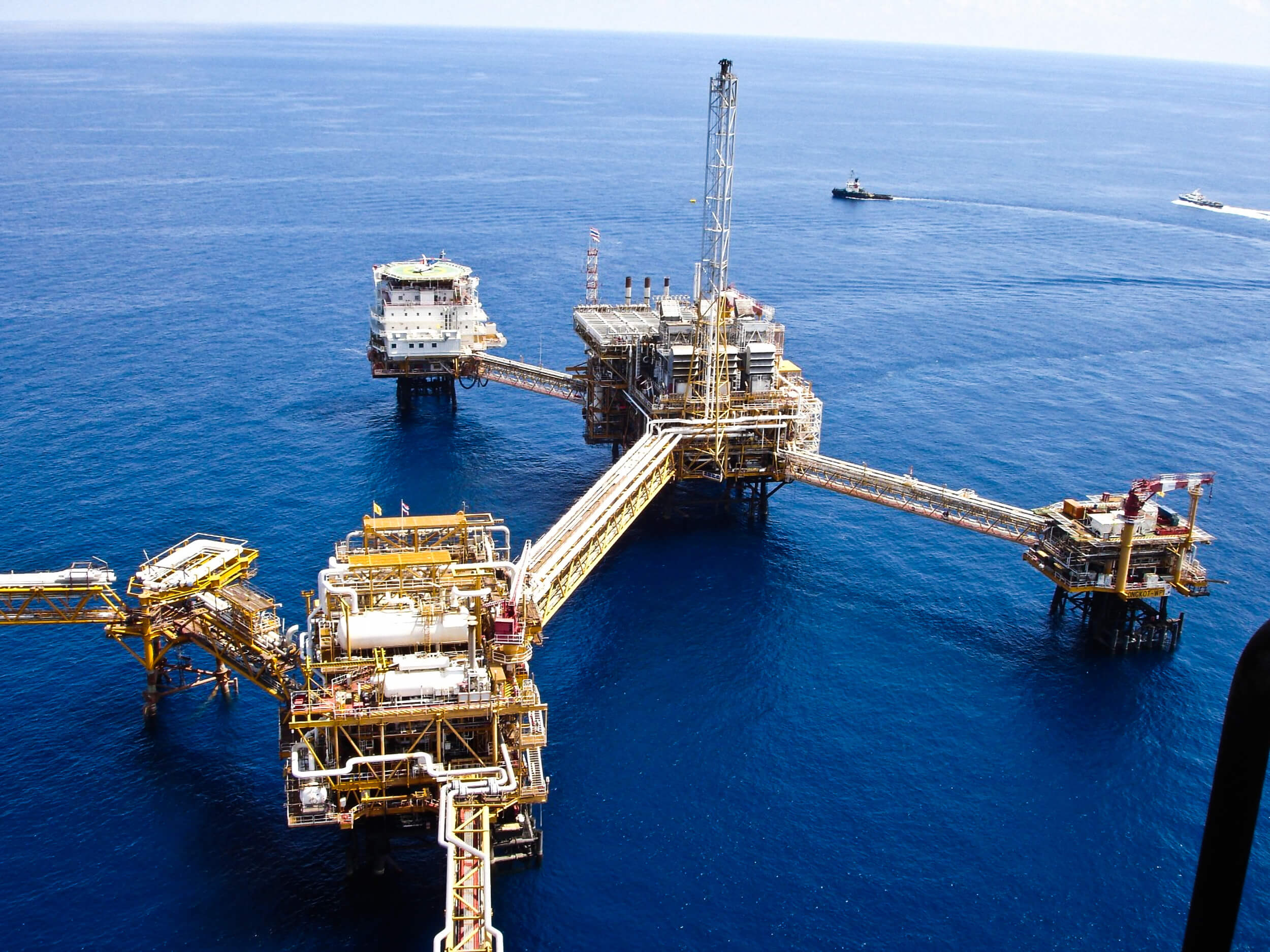With the energy market facing increasing volatility, African governments and industry experts are gearing up for Africa Oil Week or AOW, set to take place in Cape Town from 7 to 10 October, 2024 . The event, which will focus on Investing in African Energy, is expected to address the continent’s most pressing energy challenges amid global market uncertainty.
Recent weeks have seen heightened discussions on the future of Africa’s energy landscape, as fluctuating oil prices, shifting geopolitical dynamics, and growing pressure to transition to cleaner energy sources create a complex set of challenges for resource-rich nations. African countries are expected to bring these issues to the forefront at AOW, in hopes of driving forward critical policy and investment decisions.
Several African nations are increasingly focused on mitigating the impact of market swings. Oil prices have been notably erratic due to geopolitical conflicts, supply chain disruptions, and shifting demand patterns. These factors have led to renewed calls from African leaders for regional solutions that enhance energy security and reduce the continent’s vulnerability to external shocks.
For many African economies, energy is not just a driver of domestic growth, but a key export commodity. However, the continent’s heavy reliance on global oil and gas prices has exposed it to significant economic risks, prompting leaders to look for ways to diversify energy portfolios and invest in more resilient infrastructure.
Countries like Nigeria, Angola, and Ghana, all major oil producers, are particularly affected by these fluctuations. Their representatives are expected to push for more targeted investments in the continent’s energy infrastructure at AOW, while also promoting local refining capabilities to reduce reliance on imports.
Renewable energy to take centre stage
Beyond oil and gas, renewable energy is expected to take center stage during the discussions. Several African nations, including South Africa, Egypt, and Morocco, have made strides in renewable energy development, positioning themselves as potential leaders in the continent’s energy transition. Yet, challenges remain, particularly around financing and scaling renewable projects to meet the continent’s growing energy demand.
Many African nations are balancing the need for clean energy with the realities of their economies, which still depend heavily on fossil fuels. The concept of a “just transition”—ensuring that the shift to greener energy does not disproportionately harm developing economies—has been a recurring theme in discussions leading up to the event.
Investment in energy infrastructure
A major concern heading into AOW is the need for substantial investment in Africa’s energy infrastructure. With a growing population and rising energy demand, the continent requires an estimated $100 billion annually to build the necessary infrastructure for reliable energy access. Delegates are likely to explore financing models that can attract international investment, particularly in renewable projects and liquefied natural gas (LNG) as a transitional fuel.
African governments have also expressed a desire to create more favorable regulatory environments for private sector investments. Countries like Senegal and Mozambique, which have emerging natural gas industries, are looking to leverage their resources to attract global energy firms. However, discussions around fair and equitable contracts with international companies are expected to be a key issue at AOW.
Regional collaboration and energy security
Energy experts anticipate that regional collaboration will be a priority for African nations at this year’s summit. While some countries have made progress in securing energy independence, others continue to face challenges with unreliable power grids and inconsistent fuel supplies. Regional energy initiatives, such as transnational pipelines and power-sharing agreements, could be part of the solutions discussed at AOW.
In particular, East African countries, including Tanzania and Uganda, are expected to push for closer collaboration on oil pipeline projects, while West African nations may explore opportunities for shared renewable energy investments. These collaborations are seen as crucial for ensuring energy security and stability across the continent.
Ahead of the event, David Edet, senior business analyst at Africenergy and Infrastructure Limited, an indigenous West African oil company, commented on AOW’s enduring role in shaping the African energy sector. “In its 30 years of existence, Africa Oil Week has been a major meeting ground for key players in the industry to broker deals and forge long-lasting partnerships. It’s not just a forum for discussion, but a platform where tangible outcomes are achieved,” said Edet. He noted that the event has historically facilitated significant investment flows into Africa, helping to develop both traditional energy infrastructure and, more recently, renewable energy projects, reflecting a broader sentiment within the industry that this year’s AOW will be pivotal in driving forward deals that will impact the continent’s energy landscape for years to come.
As AOW approaches, the continent’s energy future is at a crossroads. Governments and industry leaders face tough decisions on how to balance immediate energy needs with long-term sustainability goals. With global energy markets becoming increasingly unpredictable, the discussions at AOW are likely to play a significant role in shaping the future of energy in Africa.
he outcomes of the event could have far-reaching implications, not only for African economies but also for global energy markets, as the continent’s vast resources and growing demand make it a key player in the evolving energy landscape.
African governments and energy industry experts are set to address pressing energy challenges at Africa Oil Week (AOW) in Cape Town from October 7 to 10, 2024. Amid global market uncertainties, discussions will focus on investing in African energy, especially as fluctuating oil prices, geopolitical shifts, and the push for cleaner energy sources create complex scenarios for resource-rich nations. Countries like Nigeria, Angola, and Ghana, heavily impacted by oil price volatility, will advocate for investments in energy infrastructure and local refining capabilities to increase resilience.
Renewable energy will also be a key topic at AOW, with nations like South Africa, Egypt, and Morocco leading in renewable development. However, financing and scalability remain challenges. A significant theme will be the "just transition" to greener energy that considers the economic dependencies of African nations on fossil fuels. Investment in Africa’s energy infrastructure is crucial, with a $100 billion annual requirement to meet growing demand. Delegates will explore financing models and regulatory environments to attract international investments, particularly in renewable energy and LNG.
Regional collaboration is expected to be emphasized, addressing issues with power grid reliability and fuel supply consistency. Projects like transnational pipelines and power-sharing agreements could be critical in ensuring energy security. The event will also serve as a platform for brokering deals and forming partnerships, potentially shaping the continent's energy landscape for years to come. The outcomes of AOW may have significant implications for both African economies and global energy markets.






